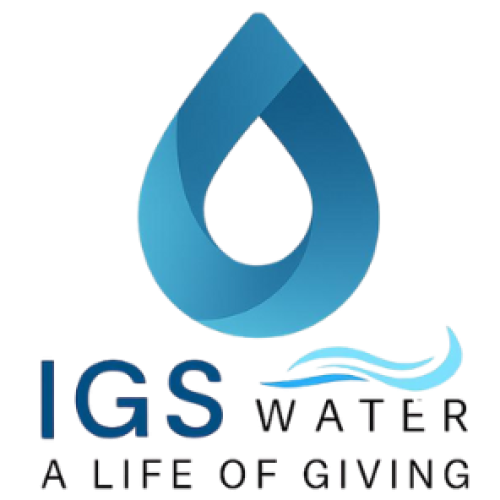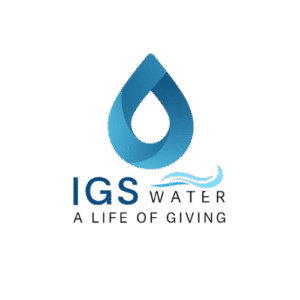Sustainable irrigation is a critical component of modern agriculture. With increasing pressure on water resources, rising energy costs, and the demand for higher crop yields, farms today must adopt practices that use water efficiently while maintaining soil health and supporting plant growth. IGS Water provides innovative solutions, including advanced water treatment and nanobubble technology, to help farmers achieve sustainable irrigation and improve overall farm productivity.
The Importance of Sustainable Irrigation
Water is one of the most valuable resources in agriculture, and its efficient use is vital for long-term farming success. Traditional irrigation methods often result in water wastage, nutrient loss, and soil degradation. Sustainable irrigation practices, on the other hand, focus on optimizing water delivery, reducing losses, and maintaining healthy soil and crop conditions. These practices not only conserve water but also reduce operational costs and enhance crop quality.
Key Sustainable Irrigation Practices
- Precision Irrigation
Precision irrigation involves delivering water in controlled amounts directly to the plant root zone. Techniques such as drip irrigation and micro-sprinklers minimize water loss through evaporation and runoff, ensuring plants receive the right amount of water for optimal growth. - Use of Treated and Enriched Water
Incorporating water treatment technologies can enhance the quality of irrigation water. Nanobubble technology, for example, enriches water with oxygen, which improves nutrient absorption in plants and supports healthy root systems. Oxygen-rich water also enhances microbial activity in the soil, promoting better nutrient cycling and soil health. - Monitoring and Automation
Modern farms benefit from smart irrigation systems that use sensors and automated controls to monitor soil moisture, weather conditions, and crop requirements. By irrigating only when necessary, farms can conserve water and ensure consistent plant growth. - Soil Management
Maintaining healthy soil is essential for sustainable irrigation. Practices such as mulching, cover cropping, and minimal tillage help retain soil moisture, reduce erosion, and improve nutrient retention. Combining these practices with precise irrigation methods maximizes water efficiency.
Benefits of Sustainable Irrigation
Adopting sustainable irrigation practices provides multiple benefits:
- Water Conservation: Efficient water use reduces overall consumption and preserves valuable water resources.
- Improved Crop Yields: Proper water management ensures plants receive adequate hydration and nutrients, leading to higher productivity.
- Reduced Costs: Optimized water use and energy-efficient systems lower operational expenses.
- Environmental Protection: Minimizing water wastage and soil degradation supports sustainable farming and protects the surrounding ecosystem.
IGS Water Solutions for Sustainable Irrigation
IGS Water offers advanced irrigation solutions tailored for modern farms. Our nanobubble generators, water treatment systems, and monitoring technologies enhance water quality, promote plant health, and optimize resource usage. By integrating these solutions, farmers can implement sustainable irrigation practices that improve efficiency, crop growth, and long-term farm sustainability.

